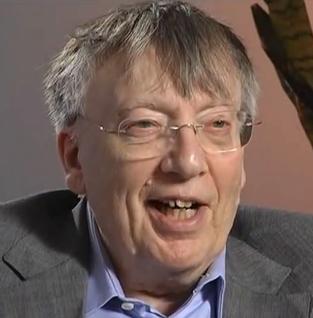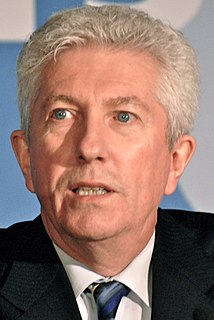A Quote by Munira Mirza
Few, if any, political analysts predicted the Arab Spring. The raw energy of millions of protestors in the streets of Tunis and Cairo came as a surprise to many who believed that Arabs were essentially reconciled to their governments and non-democratic rule.
Related Quotes
I don't think the Arab Spring had much to do with energy. I think it was just the opposite, in fact. I think the Arab Spring happened because particularly young people knew they were living in a context where they could not realize their full potential, that they are being kept down by their own governments.
Recall that the United Nations commissioned Arab scholars and analysts to publish the Arab Human Development Report. What causes the backwardness, the scholars wondered, of 22 Arab states, covering nearly 300 million people? Their conclusion? Of all world regions, the Arab countries scored the lowest in freedom, media independence, civil liberties, political process and political rights.
During the rule of the Shah, arrogance, aggression, territorial expansion at the expense of the Arabs and attempts to harm Iraq's national sovereignty and the rights of the Arab nation were a constant pattern. Iraq and the Arab nation were regarded as a sphere of influence for the expansionist plans of Iranian interests. That policy has been followed throughout history by the State of Persia against its neighbours to the west, and as we have shown.
All dignified people in the world, whether Arabs or Muslims or others with dignity, are very proud of the speech made by president Bashar al-Assad a few days ago here in Damascus. For me he is the last Arab ruler, and Syria is the last Arab country. It is the fortress of the remaining dignity of the Arabs, and that's why I'm proud to be here.
Similarly, the press never tested many of the assumptions about WMDs. One of the great myths about the WMD issue is that everybody believed Iraq had them. Well, that's not true. There were a number of people in the intelligence community and the State Department who were skeptical, and many analysts in the Department of Energy were dubious about Iraq's nuclear capability. There were also people like Scott Ritter who were saying quite accurately what was going on.
Look at what has occurred in history. When the Berlin Wall fell, it was not surprising, but it was unexpected. Who predicted the Arab Spring? Nobody expected it, but all the ingredients were there. I think all the ingredients are also there for Quebec to become a country. But when? That's another question.
I would like to stress this point undoubtedly: France sees the Arab Spring as auspicious. The Arab Spring holds out tremendous hope - hope for democracy and the rule of law, hope for peace and stability, hope for better future in which every person can pursue goals commensurate with his or her needs, talents and ambitions.



































